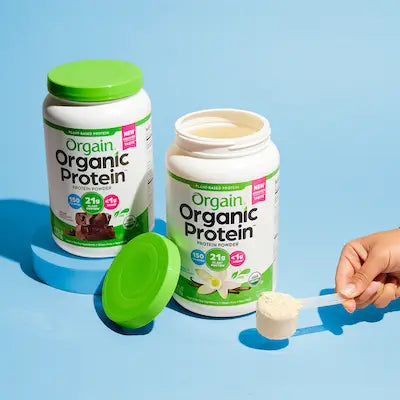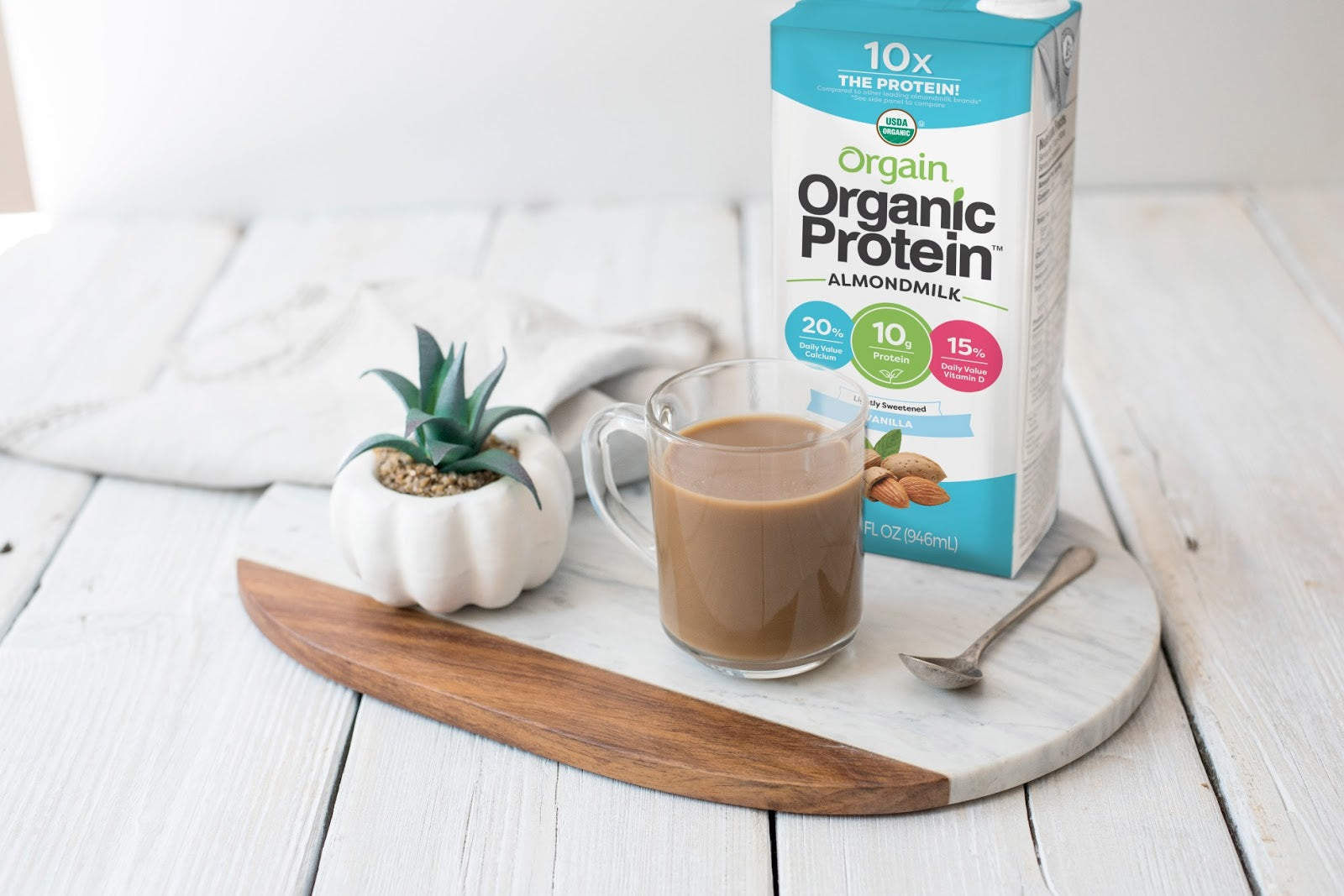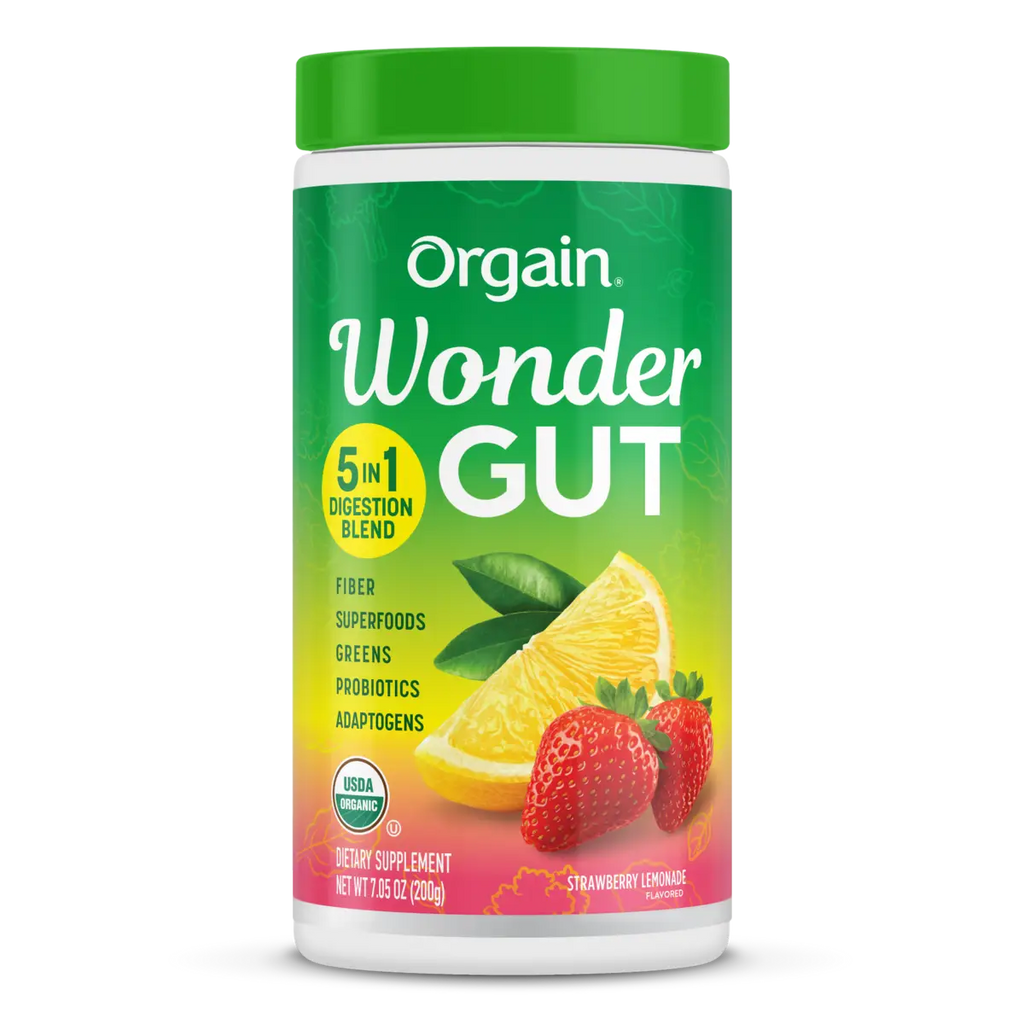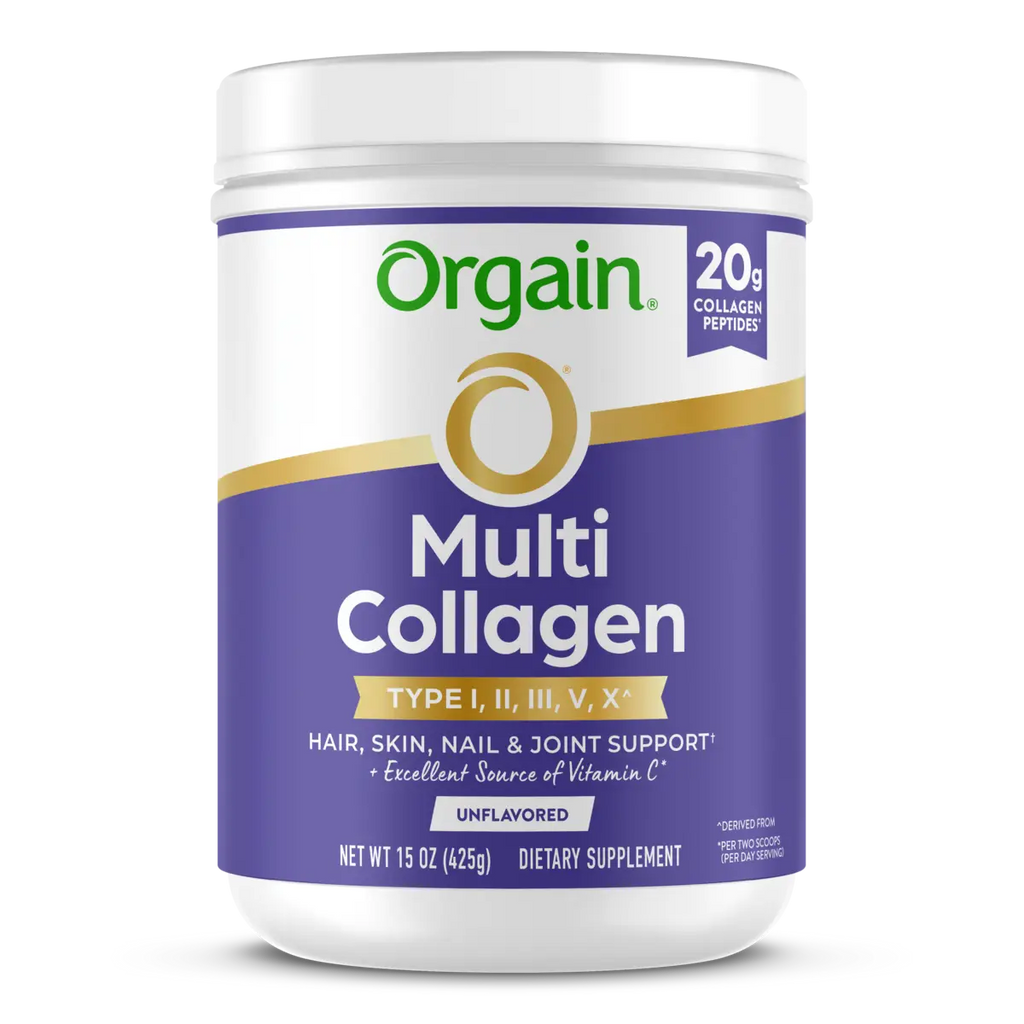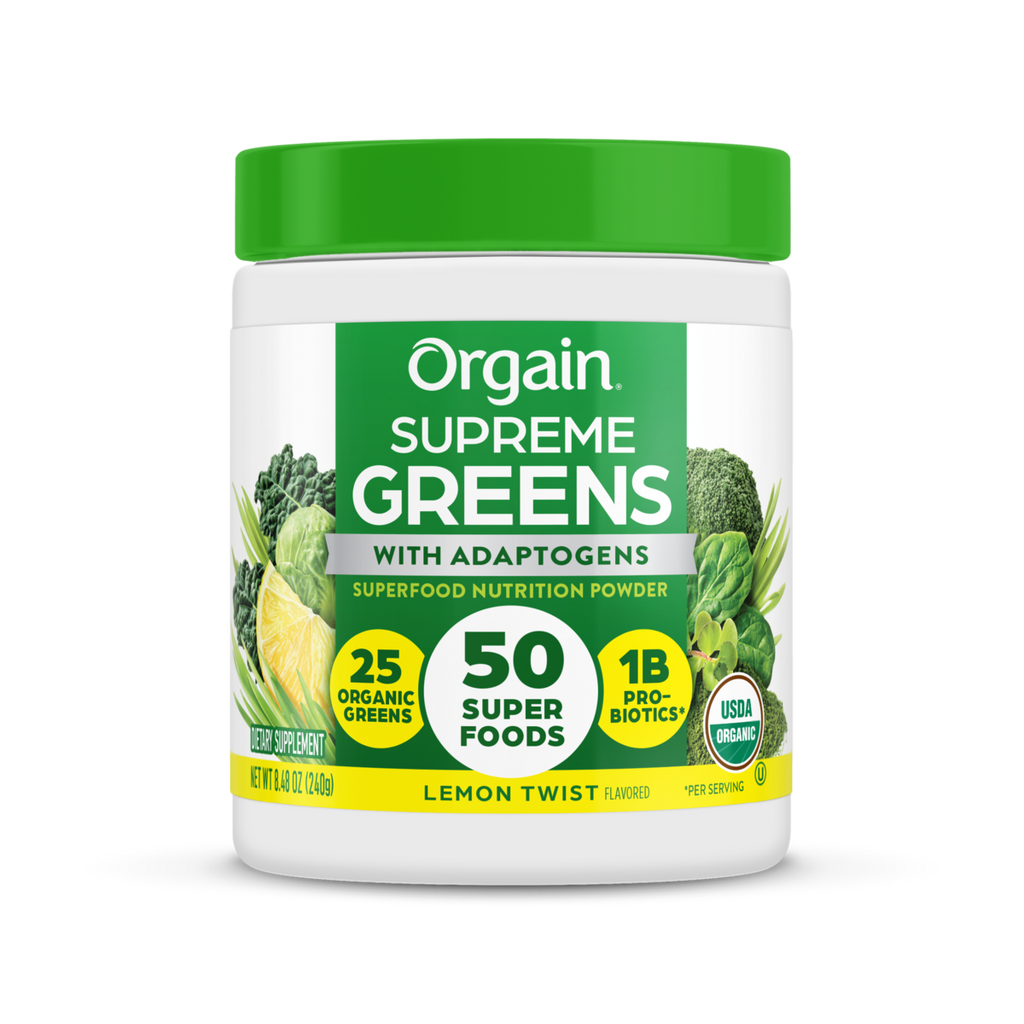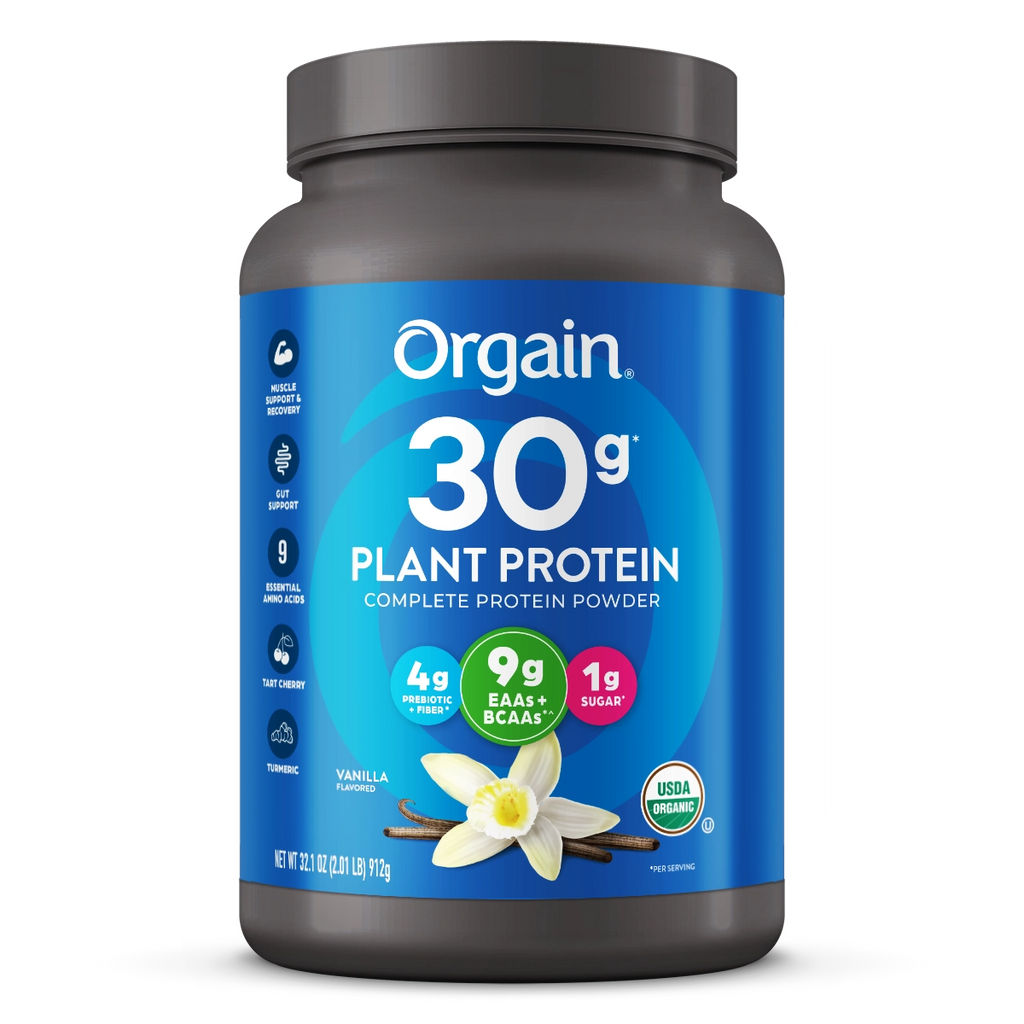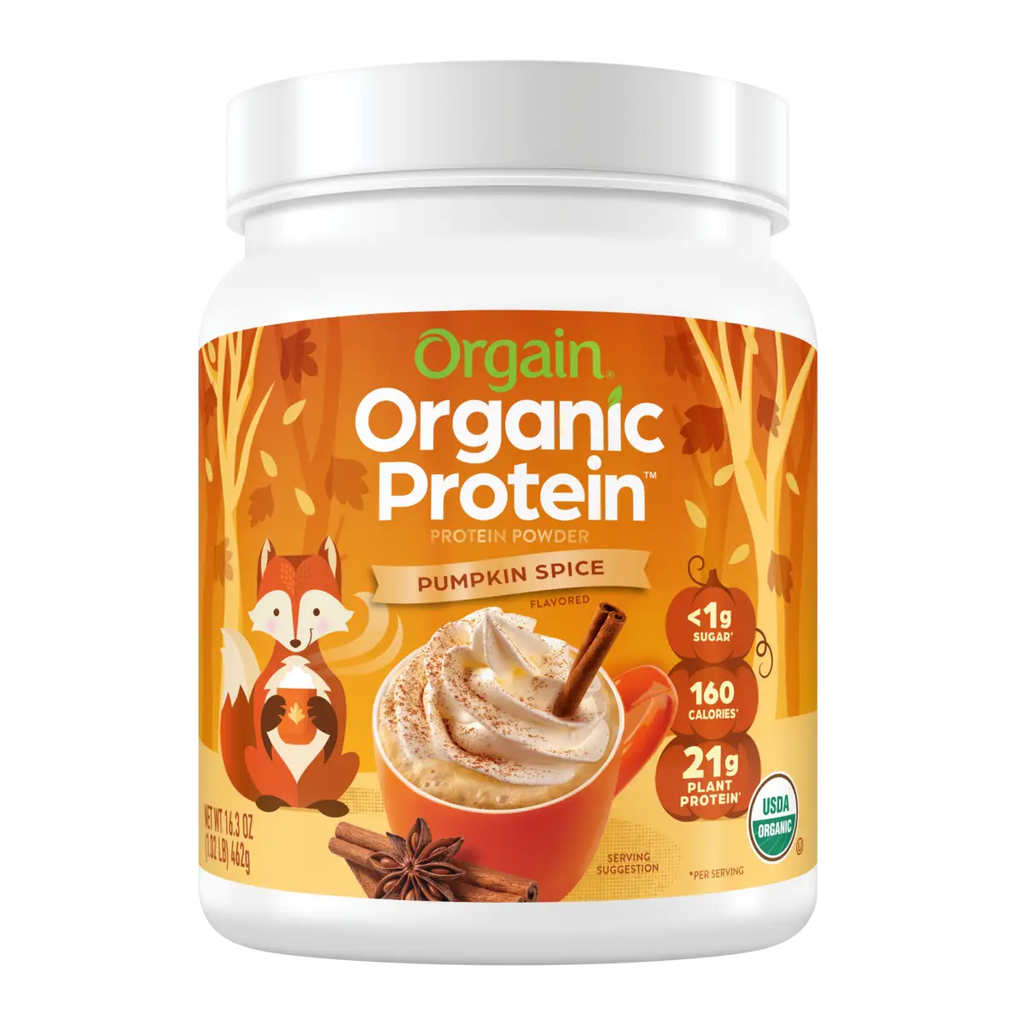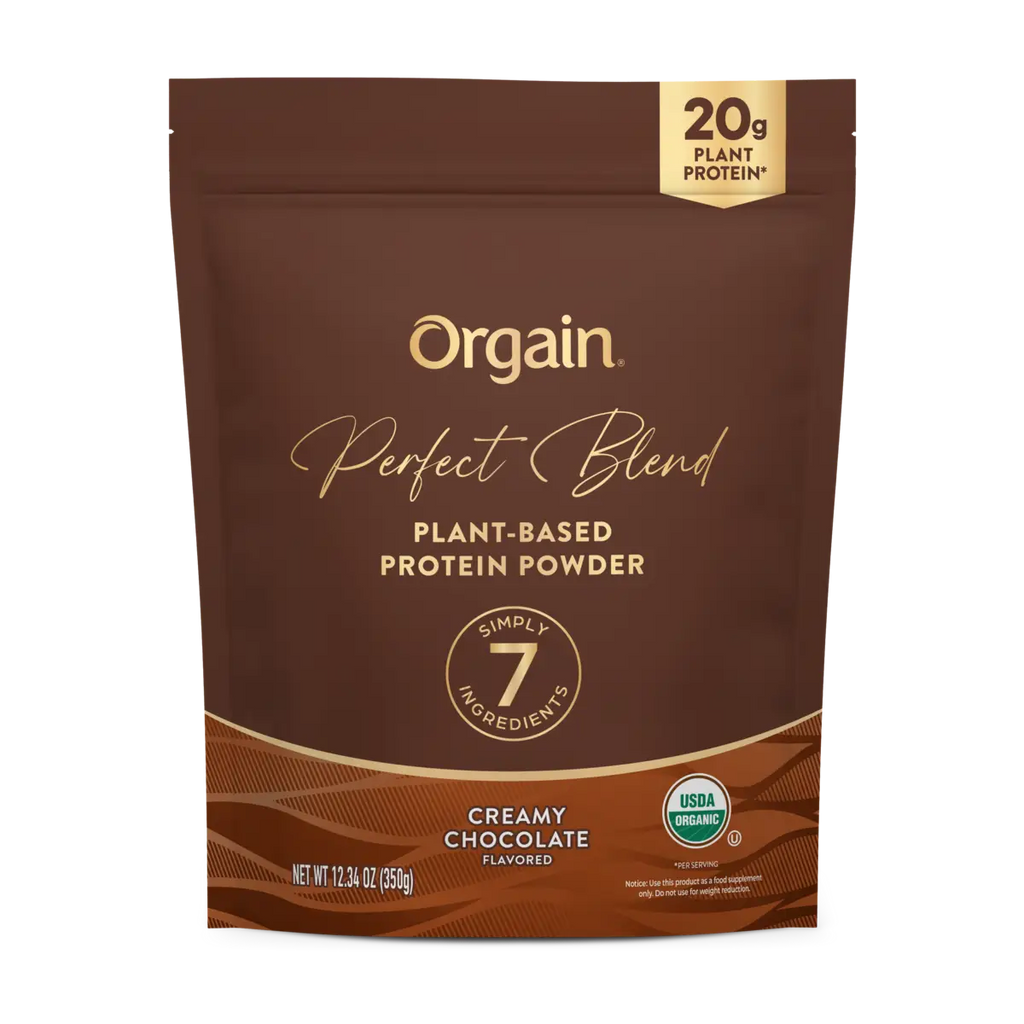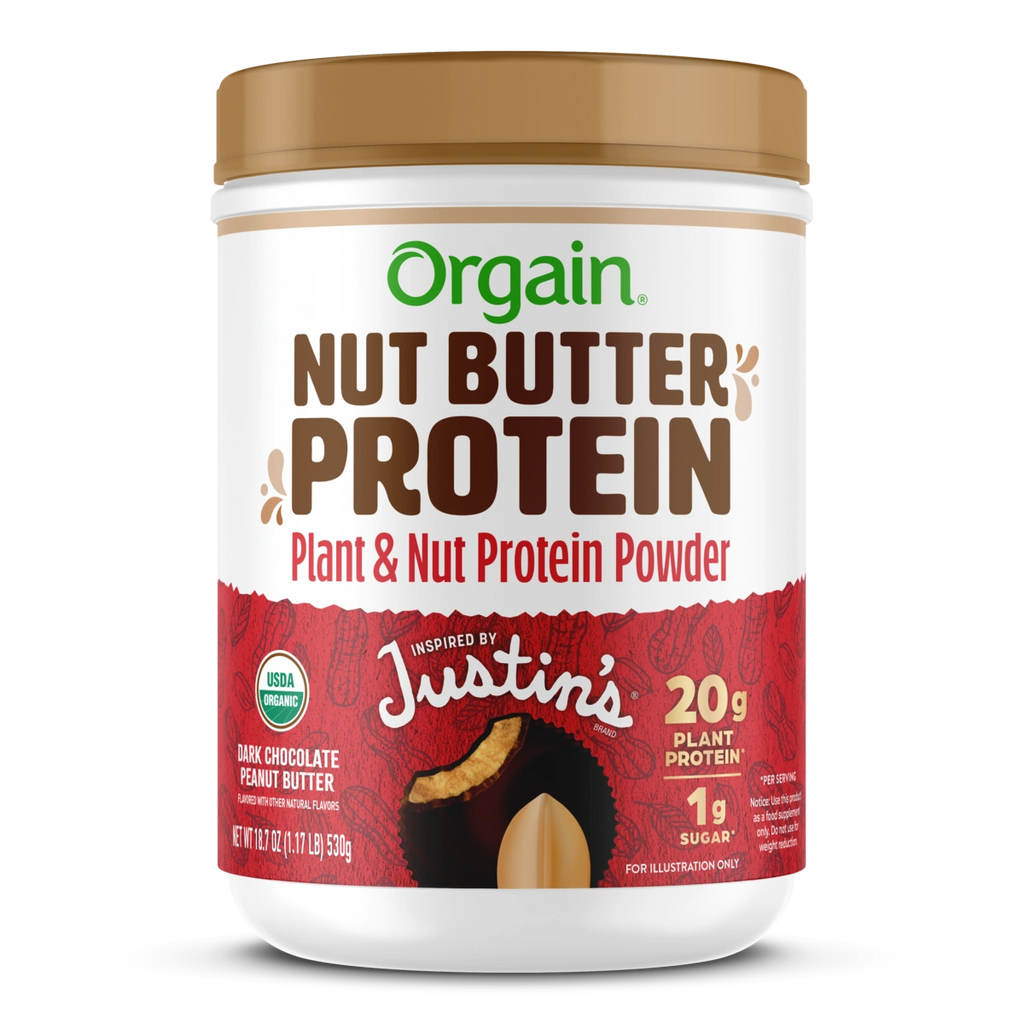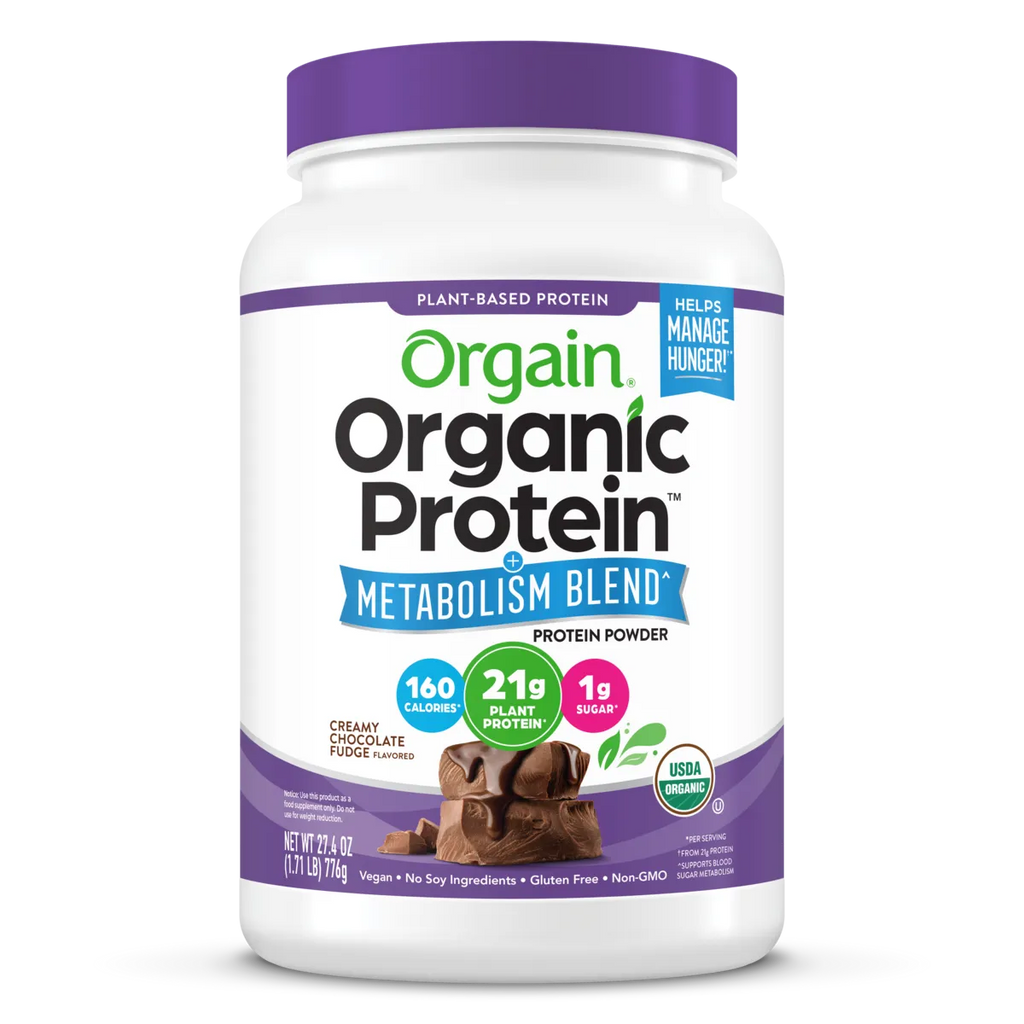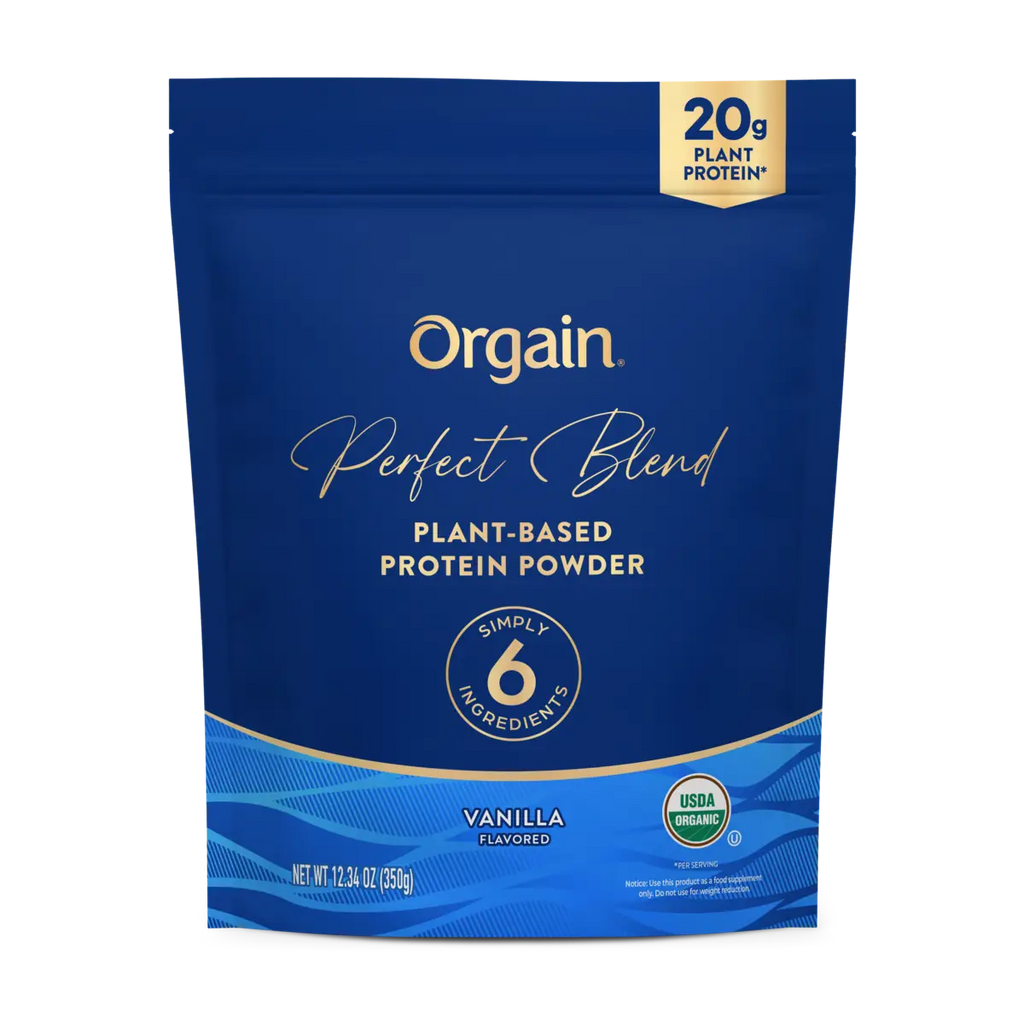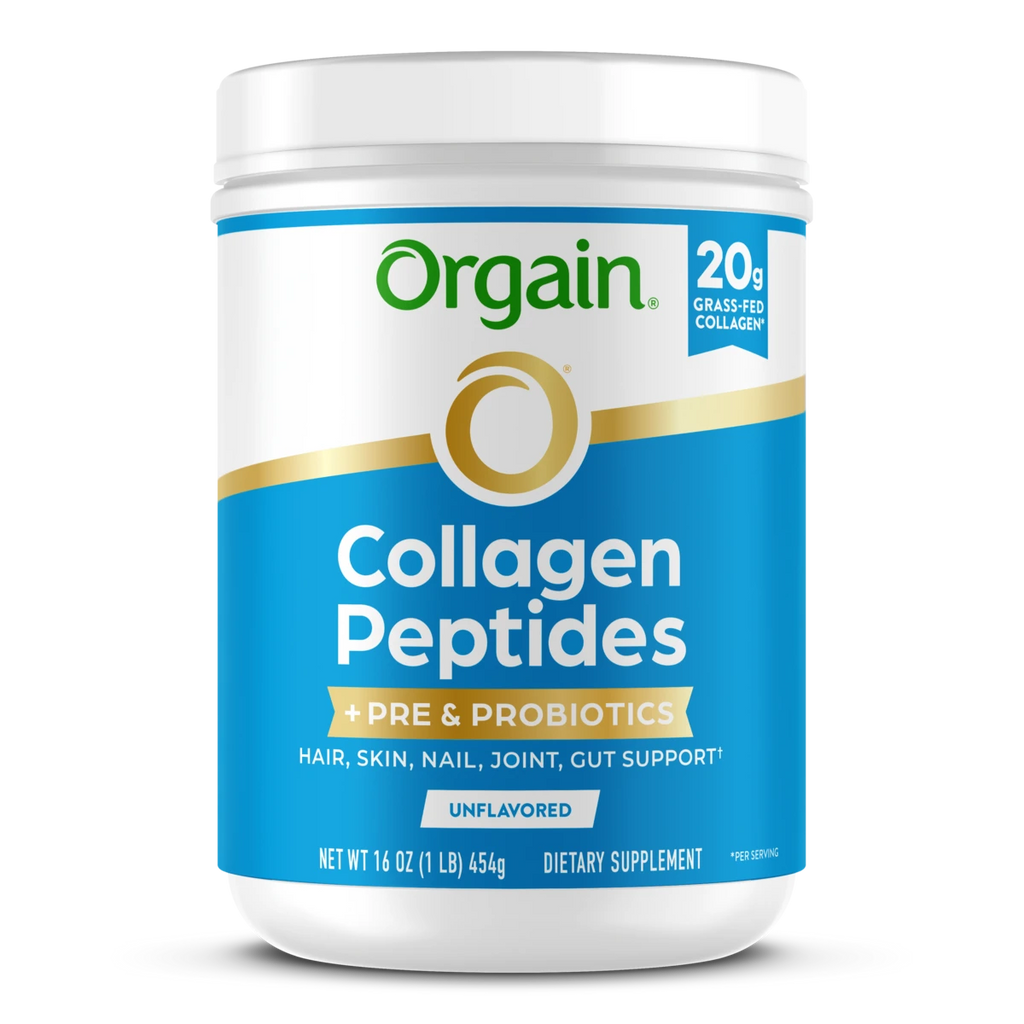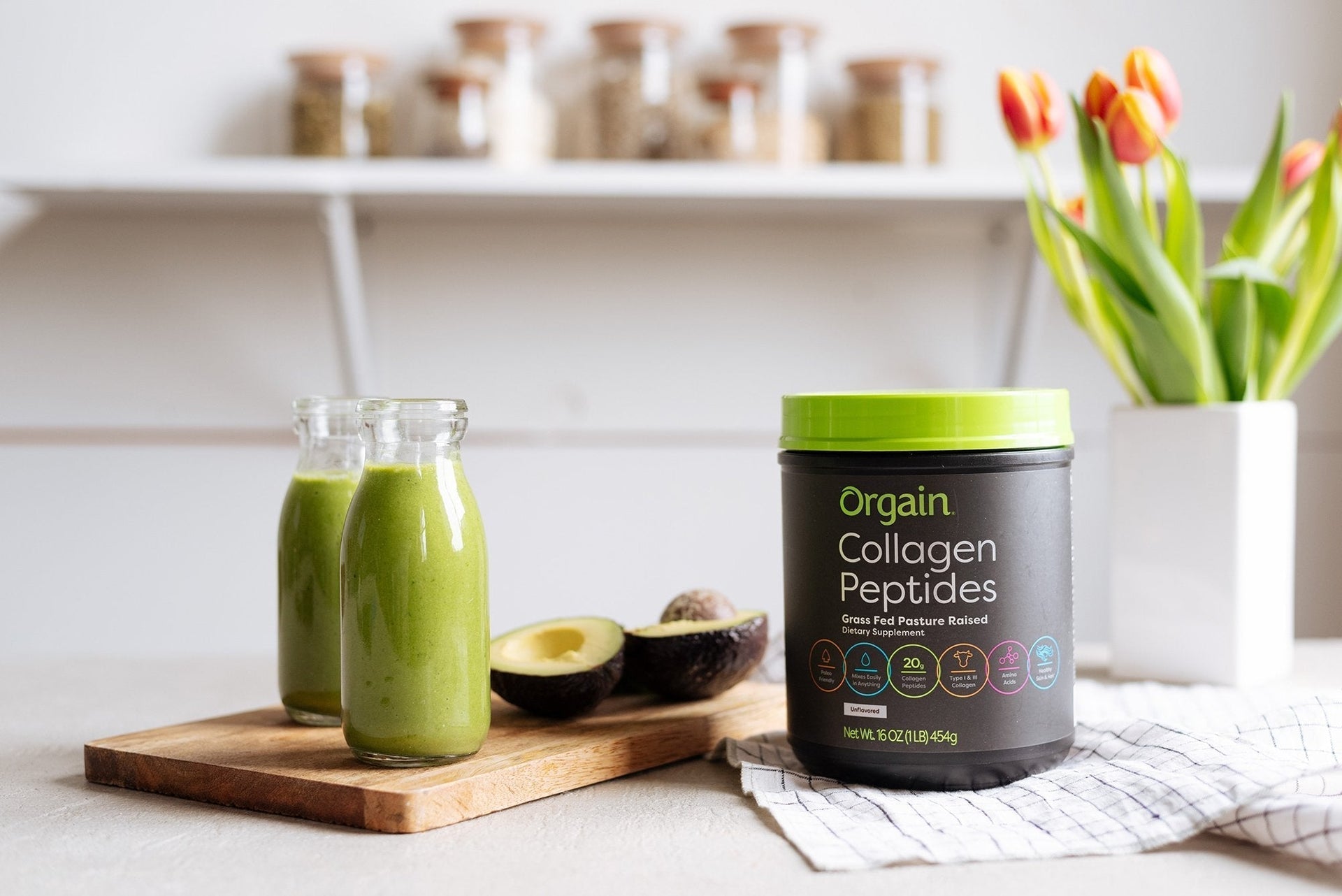Lactose intolerance, or difficulty digesting dairy products that contain lactose, is incredibly common and is estimated to affect approximately 65 percent of the global population.
Whether you suffer from lactose intolerance, prefer to follow a plant-based diet, or simply don’t like the taste of dairy milk, many people are turning to alternative types of milk for their daily needs.
One of the most popular alternative milks is almond milk. When it comes to almond milk vs. cow milk, how do they differ?
Differences in Production
One of the differences between almond milk and cow’s milk is the way that they are produced.
Cow’s milk is naturally produced by female cows, which must be milked several times a day in order to release their milk. While this was done by hand for centuries, today, most cows are milked by machine.
Almond milk, by contrast, is produced by pulverizing almonds and blending them with water. The liquid is then strained to remove solids. Almond milk can also be produced by adding water to almond butter.
As a result, almond milk is easy to make at home as long as you have a capable food processor and strainer, while cow’s milk must be purchased from a store unless you happen to own dairy cows.
Both cow’s milk and almond milk have some environmental concerns associated with their production. There are approximately 270 million dairy cows in the world, and the manure produced by dairy cattle contributes to greenhouse gas emissions of methane, which contribute to climate change. If manure and fertilizers are not handled properly, they can pollute local water resources.
Almond farming has also been found to take a toll on the environment, as the production of almond milk requires heavy use of water and pesticides, particularly in drought-prone areas such as California. 15 gallons of water are needed to produce just 16 almonds in California, which makes it one of the most water-intensive crops in the state.
Therefore, neither cow’s milk or almond milk can be considered a completely sustainable and environmentally friendly milk option.
Differences in Nutrition
Among the biggest differences between almond milk and cow’s milk are in the nutrition found in eight ounces (one cup) of each product.
One cup of skim (nonfat) cow’s milk contains 80 calories, 12 grams of carbohydrates (including 12 grams of natural sugars), 0 grams of fat, and 8 grams of protein on average. Whole milk contains 150 calories per cup, 12 grams of carbohydrates (including 12 grams of natural sugars), 8 grams of fat, and 8 grams of protein on average.
Both whole milk, skim milk, and all other forms of cow’s milk (two percent, one percent, etc.) all contain the same amount of carbohydrates, protein, and vitamins and minerals, including calcium. Vitamin E and vitamin K are found in lower quantities in skim milk than in whole milk due to the fat removal process.
The nutritional value of almond milk varies depending on whether you are consuming unsweetened almond milk or sweetened almond milk. Unsweetened almond milk contains between 30 to 60 calories per cup, as well as 1 gram of carbohydrates, 3 grams of fat, and 1 gram of protein.
Almond milk is usually fortified with calcium, vitamin A, and vitamin D, but if it is made at home, it will not contain any of these nutrients.
Almond milk is not naturally considered a good source of protein, however some brands have added protein to help it pack a punch. Compared to unsweetened almond milk, sweetened almond milk generally contains about 90 calories per cup, 2.5 grams of fat, 1 gram of protein, and 16 grams of carbohydrates, including 15 grams of added sugars that are included to improve taste.
Pros and Cons of Cow’s Milk
When people say they’re going to have a glass of milk, they’re usually referring to cow’s milk.
Cow’s milk has a faint natural sweetness and distinct taste that is generally considered mild. The taste and texture of cow’s milk varies depending on the fat content of the milk.
As nutritious as cow’s milk is, there are pros and cons associated with the beverage. Whole milk, the most fattening and caloric form of cow’s milk, is packed with vitamins and minerals and can provide essential proteins. Although people with lactose intolerance cannot drink regular cow’s milk, cow’s milk is now produced in lactose-free versions for people who have difficulty digesting lactose.
Additionally, cow’s milk is easy to find in any grocery or convenience store, including organic, grass-fed, and low-heat pasteurized options.
On the other hand, while whole milk is nutritious, it is also high in calories and fat. Although lactose free versions are available, they tend to be more expensive and may not be affordable for everyone with lactose intolerance. Additionally, as noted above, dairy cows today are milked by machine.
As a result, some people have ethical concerns about how dairy cows are cared for and handled during the milk production process and prefer not to support the dairy industry.
Pros and Cons of Almond Milk
Almond milk is one of the most popular alternative milks on the market thanks to its naturally sweet taste and the ease of production. Even unsweetened almond milk has a naturally slightly sweet and nutty taste, which is one of the reasons why it is so popular.
Unsweetened almond milk is low in carbohydrates, low in calories, and is naturally vegan and lactose-free, which makes it a great choice for people following a plant-based diet. Although almond milk does not naturally contain calcium, it is usually fortified with calcium, vitamin A, and vitamin D, which help boost its nutritional value.
Almond milk is one of the easiest natural milks to find in a grocery store, but it may not be available at convenience stores or smaller grocers.
Although almond milk is low in calories, carbohydrates, and fat, it is also low in protein and is not considered a good source of protein unless protein is added to make for a protein-rich almond milk. Many people are surprised that almond milk is not a good source of protein because almonds do contain protein, but the production process eliminates the protein from almond milk.
Although almond milk does not contain lactose, it does contain a compound called carrageenan, which is an additive that is used to thicken and preserve foods and drinks and is commonly added to nut milks to improve their consistency. Some people experience digestive issues when consuming carrageenan, so people with sensitive stomachs may not be able to digest almond milk.
Summary
Both almond milk and cow’s milk can be a delicious, healthy option for people looking to add nutrition in the form of vitamins and minerals to their diets.
Cow’s milk is a better source of protein but may include lactose, which can upset the digestive systems of people with lactose intolerance. Almond milk does not contain lactose but does contain a compound called carrageenan, which can also cause digestive upset.
Regardless of whether you prefer cow’s milk or almond milk, both make a delicious base for a protein shake made with organic protein powder by Orgain!
Sources:
https://fdc.nal.usda.gov/fdc-app.html#/food-details/1111487/nutrients
https://fdc.nal.usda.gov/fdc-app.html#/food-details/413293/nutrients
https://medlineplus.gov/genetics/condition/lactose-intolerance/
https://www.healthline.com/health/milk-almond-cow-soy-rice#cows-milk
https://www.healthline.com/health/food-nutrition/carrageenan

